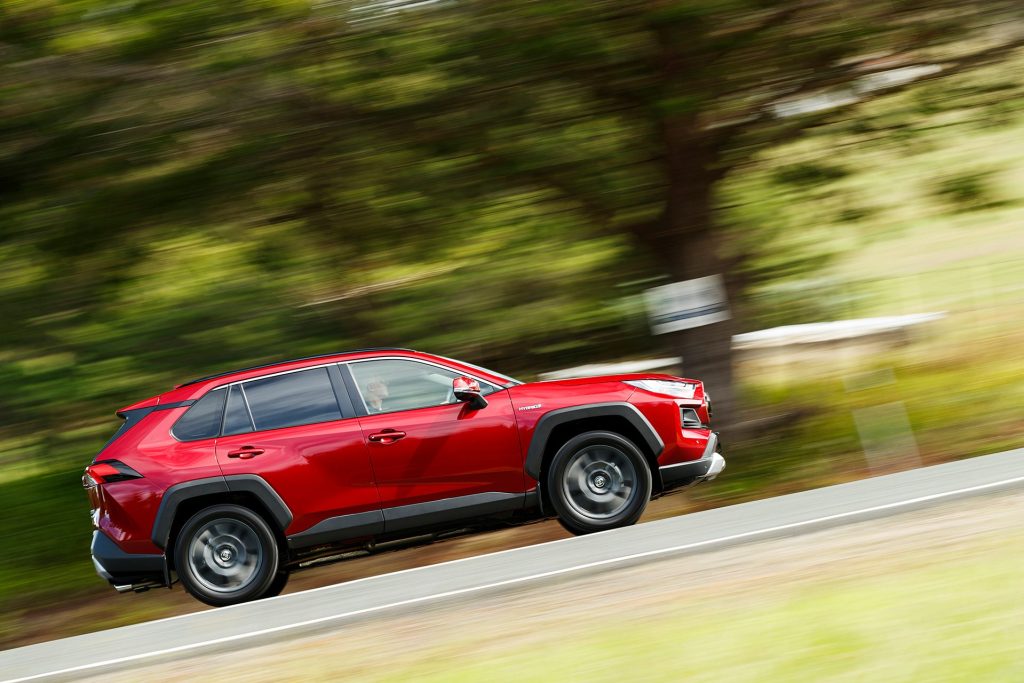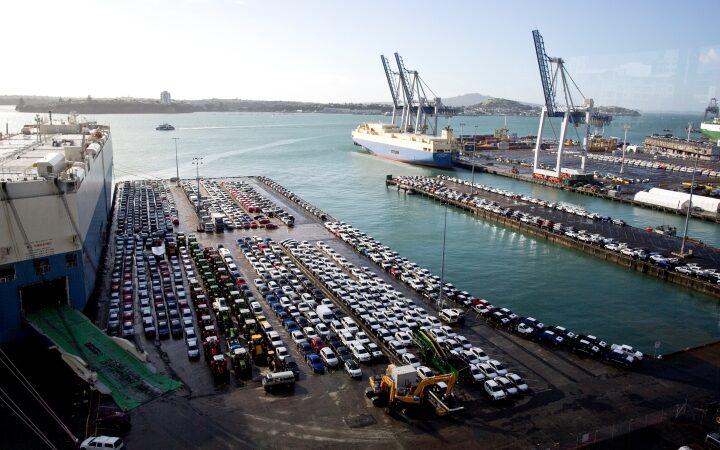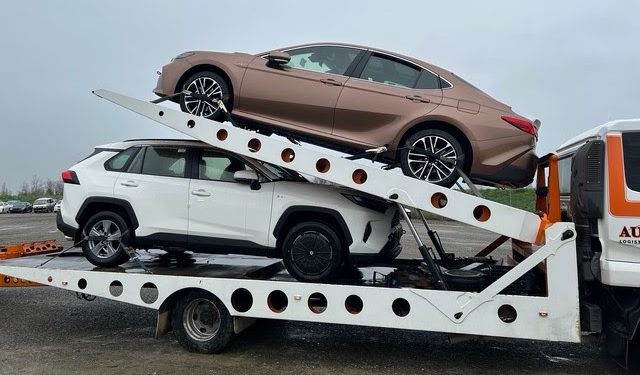Toyota reaches milestone as hybrids dominate sales
Toyota New Zealand recently sold new hybrid vehicle number 100,000 locally.
The company has been selling hybrids for over two decades, the first Prius launching here in 2003. It is now introducing the sixth generation of its hybrid tech.
And almost no one buys a non-electrified Toyota in New Zealand any longer. Hybrids from the firm now account for 95 per cent of its passenger vehicle sales. Despite being due for replacement, RAV4 Hybrid continues to be New Zealand’s top-selling passenger vehicle. Year to date, Toyota has sold 5184 RAVs.
Susanne Hardy is Assistant Vice President – Marketing, Sustainability and Technology at Toyota New Zealand. She says: “This milestone reflects the commitment of New Zealand drivers to reducing emissions and the growing appeal of practical, affordable hybrid vehicles.

“It’s a critical step toward our goal of reducing our CO2 emissions by 46 per cent by 2030 and achieving carbon neutrality by 2050 across our operations and vehicle fleet.”
By selling 100,000 hybrid vehicles here, it represents a saving of 120,000 tonnes of CO2 per annum.
Hardy believes the increase in popularity of hybrid vehicles corresponds to an increase in both performance and economy from Toyota’s hybrid powertrains.
“Our hybrid vehicles continue to get better, with greater efficiency without sacrificing performance.
“Toyota is moving towards being a mobility company for all. Therefore, how we reach the net-zero ambition is key. It is our responsibility to reduce greenhouse gas emissions from all the products we sell.
Toyota New Zealand is also investing in battery recycling, extending the lifespan of vehicles through reuse initiatives, and will continue to grow its range of BEVs.
“We’re taking a full-lifecycle approach to sustainability, from how we source and ship our vehicles, to how we power, service and eventually recycle them,” says Hardy.
“It’s about catering to the diverse needs of our customers and communities while simultaneously reducing our environmental impact, now and into the future.”
Coast shipping under consideration
As part of its wider sustainability strategy, Toyota New Zealand is also rethinking how vehicles are delivered, with the first ever direct import of vehicles into Port Nelson completed in June. It is part of a pilot study to improve the sustainability and efficiency of its national supply chain.

Andrew Davis, Chief Strategic Officer at Toyota New Zealand, says the pilot has exciting potential and, if successful, could be scaled quickly.
“This is about improving our customer service by driving smarter logistics and lowering our CO2 footprint.
“It’s a small first step, but it’s part of our ongoing strategy to make our operations more sustainable” he says.
Toyota data suggests the company could potentially reduce the emissions in the South Island supply chain by 14 per cent by directly landing pre-sold vehicles for customers of Bowater Toyota in Nelson and Blenheim Toyota in Blenheim. Toyota believes that figure could grow to up to 1000 vehicles annually via coastal shipping, rather than road freight.
Tony Bowater, CEO of Bowater Toyota, says: “Direct shipping gives us a smarter way to get vehicles into the hands of our customers faster, with fewer emissions. It’s a win-win.”
Toyota will assess the results of the pilot before considering whether to expand the programme to include more vehicles and a broader range of local destinations.





